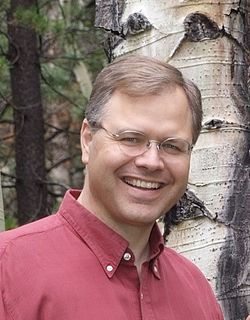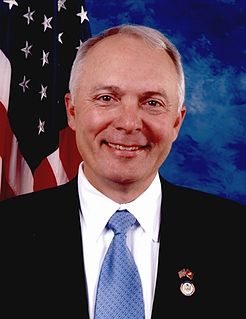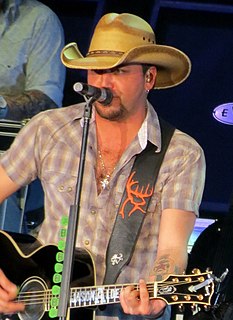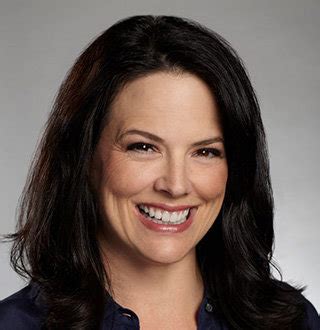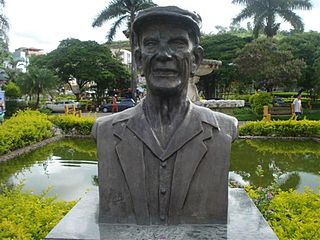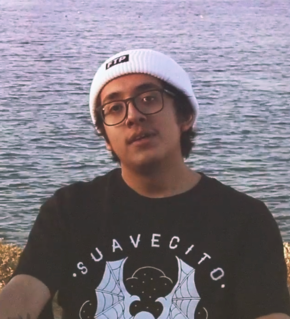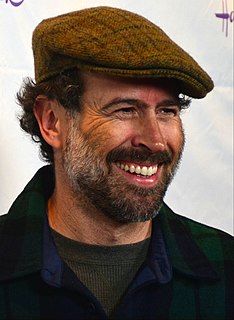A Quote by Bob Schaffer
The interesting thing now for No Child Left Behind is that there are very few advocates for it; there is no constituency for it. Parents don't like it, administrators don't like it, and kids don't like it, but politicians and bureaucrats in Washington love it--which should be the first indication to you that it is a troubled program.
Related Quotes
Little kids' minds are very, very strong. They bend. There's a lot of tensile strength and they don't break. We start our kids off on things like "Hansel and Gretel," which features child abandonment, kidnapping, attempted murder, forcible detention, cannibalism, and finally murder by cremation. And the kids love it.
I think I get in trouble sometimes, especially when it's like I need to be easier on [my] kids because maybe I'm a rule-follower now. I'll look at something like the kids' coloring or something and I'm like, "That's not the way that marker should be used." All imagination is gone, and it's just like, "Here's the proper way that we use a marker," you know? Maybe that's a dad thing.
When I was a child, I spoke like a child, I thought like a child, I reasoned like a child; when I became an adult, I put an end to childish ways. For now we see in a mirror, dimly, but then we will see face to face. Now I know only in part; then I will know fully, even as I have been fully known. And now faith, hope, and love abide, these three; and the greatest of these is love.
I think it's more difficult writing what it's like to be a child. You can pretend you know what it's like, but you don't really know. The only parts I can remember is that the adults were like, "Aren't they cute?" But when you're little you're looking at the other kids like they're your colleagues. They're not like, "Oh, we're all cute little kids." They're more like your office acquaintances. It's very hard to grasp the memories of what it actually was like to be a kid.
